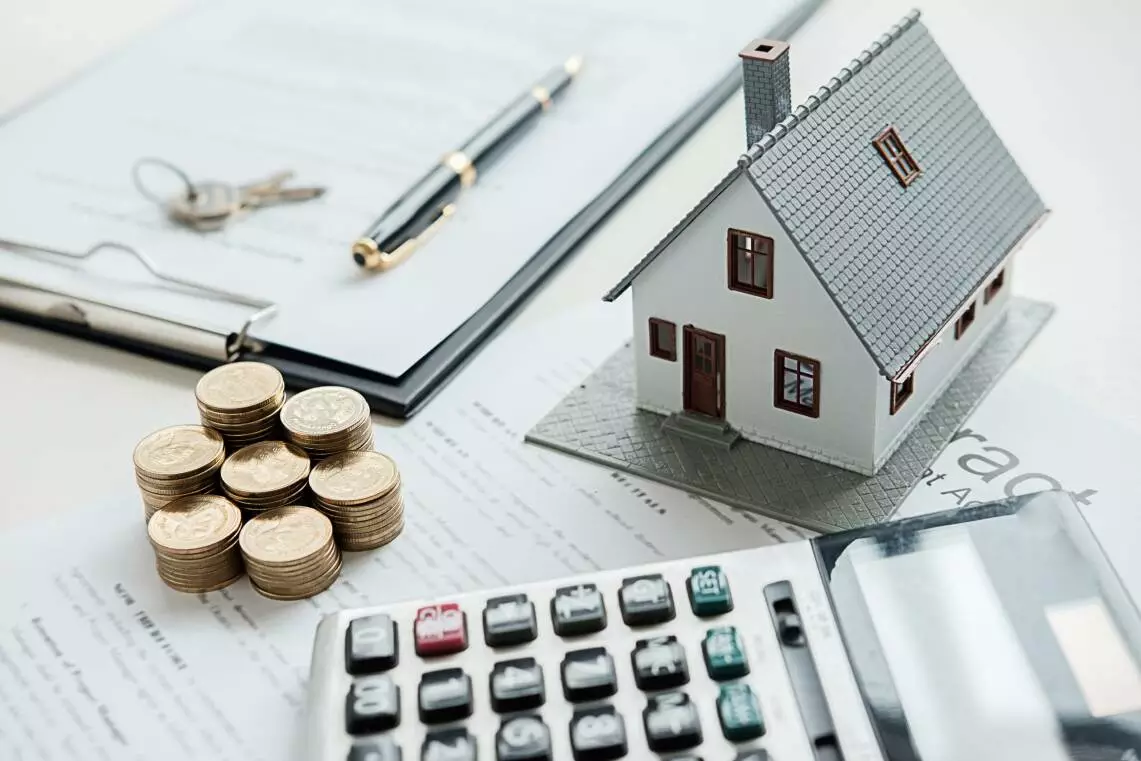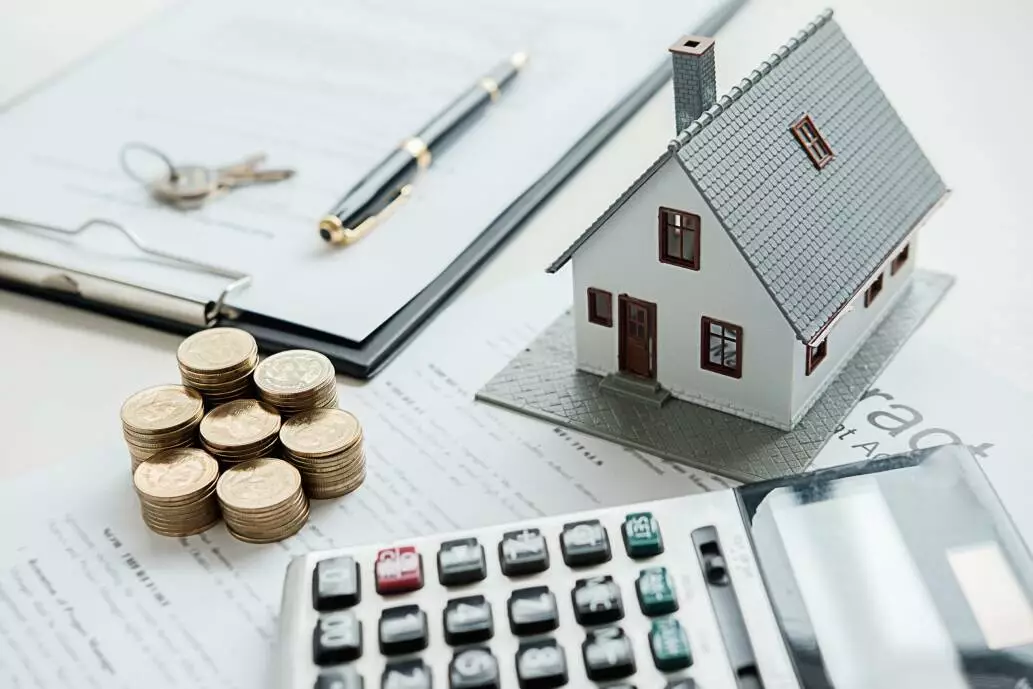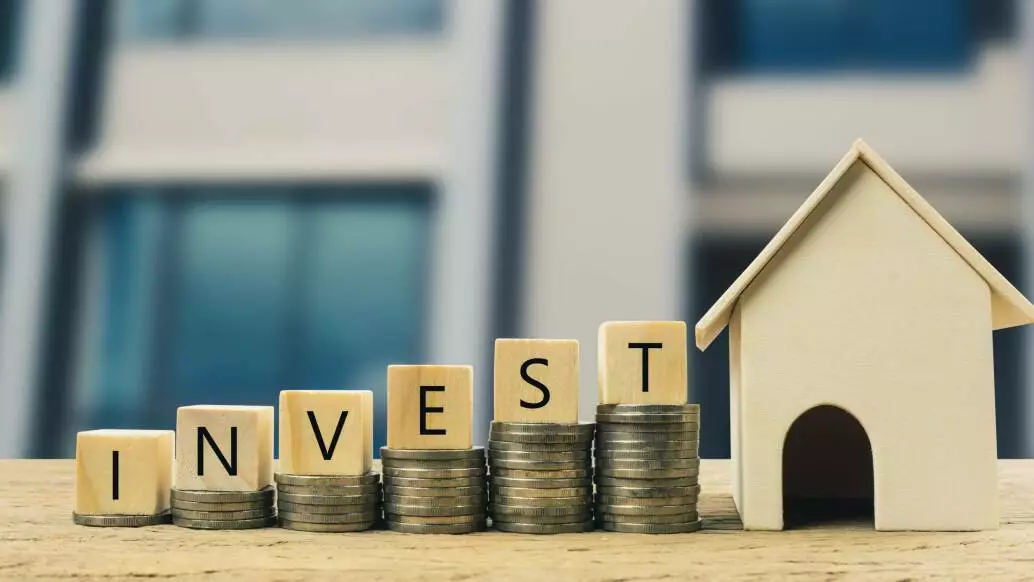
As a new investor, purchasing your first investment property can be an exciting decision to make. Primarily, an investment property refers to a land or building owned and held by the owner for the purpose of earning rentals, growing capital, or both. Thus, with the increasing demand for these kinds of properties, it can be an excellent way of generating profits as well as adding diversification to your portfolio.

Considerations In Buying A Property
However, buying an investment property can be a complicated and overwhelming undertaking. There are many considerations to take to ensure the process will be as productive and smooth as possible. If you’re purchasing an investment property for the first time, here’s a guide to consider:
- Choose The Type Of Property You Want
You should select the type of property you want when buying one for your investment. The following are the specific types of property you can choose from:
- Residential properties: These are sought-after properties due to the increasing house prices today. Also, many families are looking for residential homes, which make them a good real estate investment.
- Refurbished properties: These are also attractive to investors who want to invest in older buildings due to their character and charm. These properties are often renovated to satisfy modern standards and generate profit from them in the long run.
- Off-plan properties: These are properties that can be bought even under the planning or development stage. Among the different types, off-plan properties are also popular among investors because of their lower costs, the potential for capital growth, and many more.
As you can see, there are various types of investment properties you can buy. If you want to have a better understanding of the properties you can invest in, checking out reliable resource websites like thepropertydaily.co.uk and others can be a good idea.
- Factor In The Location
When you’re looking to buy your first investment property, it’s important to factor in the location before you make a decision. This means researching the areas based on several considerations such as the strength of the location, the demand level, potential for capital growth, rental yields, and many more. Also, if you want to determine if a certain location can provide investment success, you should look into areas with good and favorable predictions for price growth.
Claim up to $26,000 per W2 Employee
- Billions of dollars in funding available
- Funds are available to U.S. Businesses NOW
- This is not a loan. These tax credits do not need to be repaid
Additionally, when you consider the location, make sure to figure out who you want your tenants to be. This can help you identify which area is right when you decide to purchase an investment property. For example, if you want your tenants to be families, then you should pick a location with local schools nearby.
- Ensure Financing For The Investment Property
Another important thing to do when buying your first investment property is to secure financing. Generally, funding an investment property can be more expensive than buying a primary home. There are certain qualifications you should comply with before the lender can provide you with the financing you need. The reason for this is because mortgages involving investment properties are considered riskier than loans taken out for owner-occupied properties.
Fortunately, there are several financing options to choose from. These can include:
- Conventional financing: This refers to a loan obtained from a bank wherein your approval depends on your qualifications, including your income, debts, employment situation, credit score, and many more.
- Asset-based loans: These are alternatives to conventional financing wherein the basis for the loan qualification is the investment property itself as collateral rather than your personal qualifications. However, an asset-based lender may still check your credit score to determine your interest rates and loan eligibility.
- Analyze Cash Flow
When buying your first investment property as an investor, it’s also crucial to do a cash flow analysis to determine whether the property is generating more income or not. For example, you shouldn’t assume that even if your mortgage is worth USD$350 per week and your investment property’s rental fee is USD$400 per week, it can generate positive cash flow over time.
To determine whether your property is providing good cash flow, you may have to analyze all your expenses as well as income. Unfortunately, buying and managing investment properties come with a lot of expenses such as property management fees, insurance, repairs, and many more.
As such, it’s best if you know what they are, their impact on your investment, and when you’re going to pay for it. In doing so, you can properly prepare for your finances and ensure it’ll be positively cash flowed and make the most profit from your investment property.
- Negotiate On Price And Terms Of Arrangement
When you purchase your first investment property, one of the best things you should do is to negotiate not only on the price but also on the terms of the arrangement. Typically, the price can be negotiated during the sales process. As long as you’re prepared to negotiate with compromise, patience, and organization, you can convince the owner to sell the property at your agreed price.
Aside from the price, you should also learn to negotiate on some terms when buying an investment property. For example, you can ask for a delay on settlement dates, depending on the situation. You can also try to negotiate the amount of deposit you should pay to make the deal more beneficial for you and your investment efforts. With these things in place, you may increase your chances of winning a real estate negotiation.

Wrapping Up
Indeed, buying your first investment property can be an overwhelming undertaking as an investor. Since a huge amount of money can be involved, it’s important to keep this guide in mind, so you’ll know how to navigate the process more effectively. In doing so, you’ll be ready to dive into the real estate investment game and generate more returns over time.
Author Bio
Johnny Bill is a property investment manager. He has been assisting clients in finding the right property investment suitable for their needs. Johnny spends his leisure time guest posting and blogging. He also loves sports and music.



